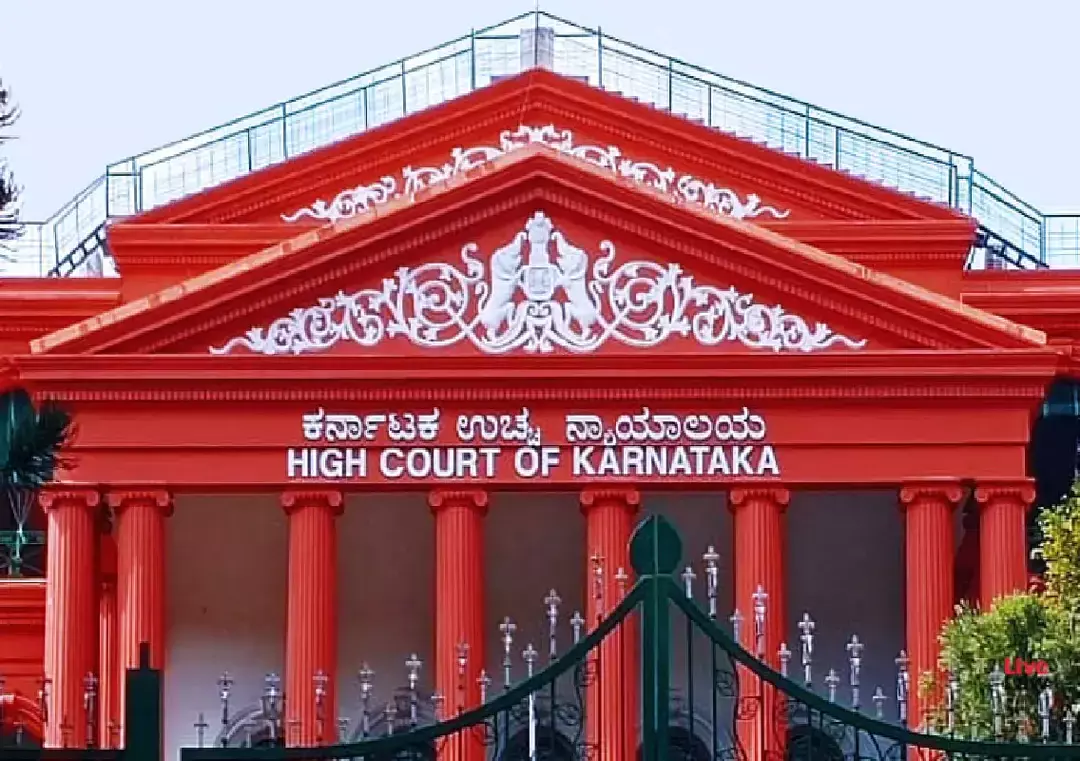
K’taka HC extends stay on SC internal reservation order
In a significant development, the Karnataka High Court on Thursday extended its interim order restraining the state government from making appointments under the August 25, 2025 notification that introduced a 6:6:5 internal reservation matrix within the Scheduled Caste (SC) category. The stay will now remain in force until December 3, providing a temporary reprieve to those who had challenged the notification.
The internal reservation matrix, which was introduced by the state government, aimed to provide a more nuanced approach to reservation within the SC category. The 6:6:5 matrix allocated 6% of seats to the Scheduled Caste category, with a further division of 6% for the Scheduled Tribe category and 5% for other backward classes. However, the move was met with opposition from various groups, who argued that the new matrix would lead to a reduction in opportunities for certain sub-castes within the SC category.
The petitioners, who had challenged the notification, argued that the internal reservation matrix was not based on any scientific study or data and would lead to a disproportionate allocation of seats to certain sub-castes. They also contended that the state government had not followed the requisite procedure while introducing the new matrix, and that the move was arbitrary and discriminatory.
The Karnataka High Court, while extending the stay, observed that the state government had not provided any credible evidence to support the introduction of the internal reservation matrix. The court also noted that the petitioners had raised valid concerns about the potential impact of the matrix on the opportunities available to certain sub-castes within the SC category.
The extension of the stay is a significant development, as it provides a temporary reprieve to those who had challenged the notification. The stay will remain in force until December 3, during which time the state government will not be able to make any appointments under the August 25, 2025 notification. The court’s decision is likely to have far-reaching implications, as it raises questions about the validity of the internal reservation matrix and the procedure followed by the state government in introducing it.
The issue of internal reservation within the SC category has been a contentious one, with various groups advocating for a more nuanced approach to reservation. While some argue that the internal reservation matrix is necessary to address the disparities within the SC category, others contend that it would lead to a reduction in opportunities for certain sub-castes.
The Karnataka High Court’s decision to extend the stay is a reflection of the complexities surrounding the issue. The court’s observation that the state government had not provided any credible evidence to support the introduction of the internal reservation matrix highlights the need for a more transparent and evidence-based approach to reservation.
In recent years, there have been several instances where courts have intervened to stay the implementation of reservation policies. In 2020, the Supreme Court had stayed the implementation of the Maharashtra government’s decision to provide 12% reservation to the Maratha community. Similarly, in 2019, the Andhra Pradesh High Court had stayed the implementation of the state government’s decision to provide 5% reservation to the Kapu community.
The Karnataka High Court’s decision to extend the stay on the internal reservation matrix is a significant development, as it highlights the need for a more nuanced approach to reservation. The court’s decision is likely to have far-reaching implications, as it raises questions about the validity of the internal reservation matrix and the procedure followed by the state government in introducing it.
As the case progresses, it will be interesting to see how the court ultimately rules on the validity of the internal reservation matrix. The decision is likely to have significant implications for the state government’s reservation policies, and may also set a precedent for other states to follow.
In conclusion, the Karnataka High Court’s decision to extend the stay on the internal reservation matrix is a significant development, as it provides a temporary reprieve to those who had challenged the notification. The stay will remain in force until December 3, during which time the state government will not be able to make any appointments under the August 25, 2025 notification. The court’s decision highlights the need for a more transparent and evidence-based approach to reservation, and raises questions about the validity of the internal reservation matrix and the procedure followed by the state government in introducing it.
News Source: https://newskarnataka.com/s/gppksg






